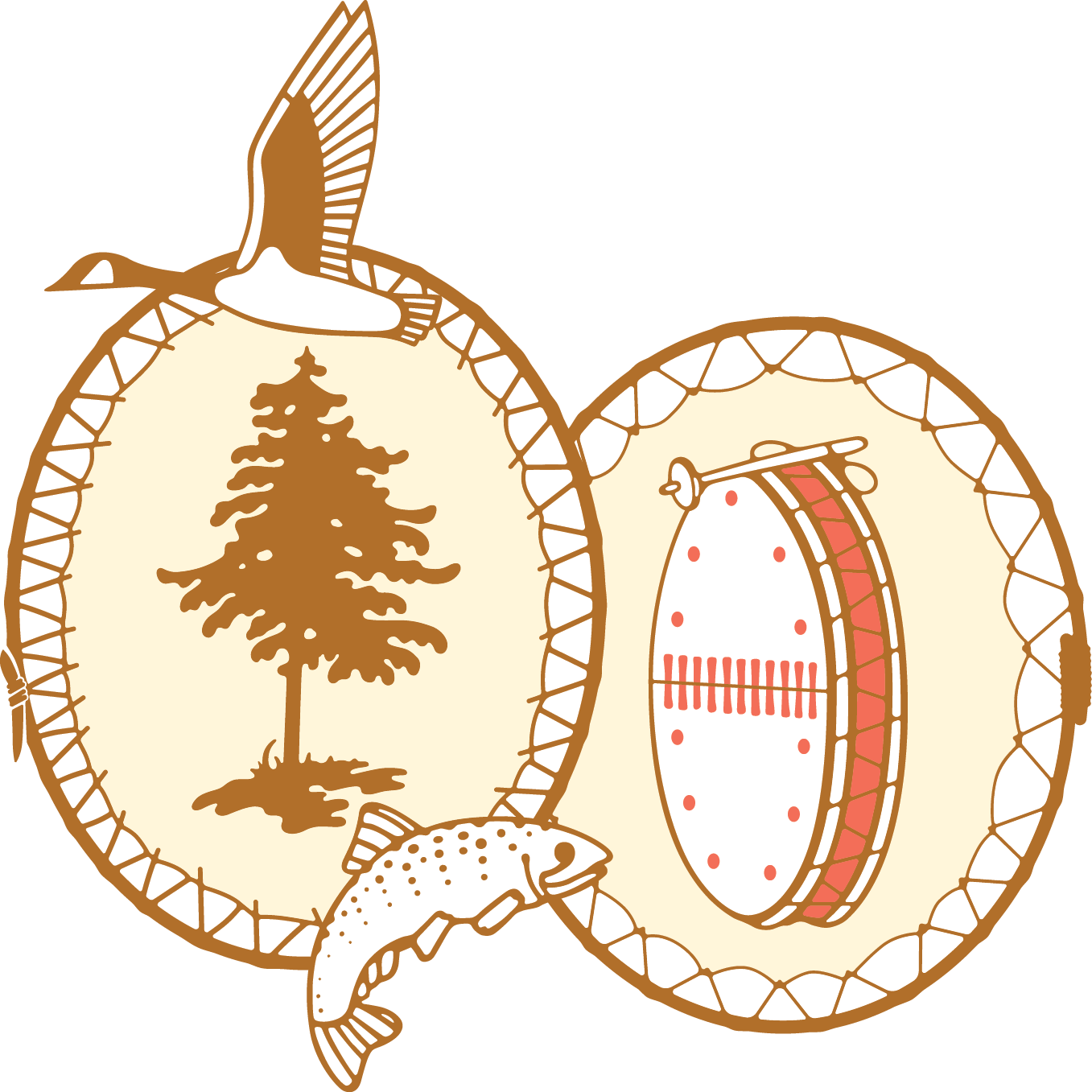Day Scholars Memorandum of Understanding Signed Between Canada and First Nations’ Plaintiffs
Media Release from the Day Scholars Class Action lawsuit committee. An important Memorandum of Understanding was reached between Canadian Government and the First Nations’ Plaintiffs to resolve this litigation without resorting back to the courtroom and to keep working to find a fair settlement on behalf of all Aboriginal Canadians who attended an Indian Residential School, but who did not sleep there.
Day Scholars Memorandum of Understanding Signed Between The Canadian Government and the First Nations’ Plaintiffs
A significant step forward in the Day Scholars litigation has occurred with the signing of a “Memorandum of Understanding” between the Canadian Government and the First Nations’ Plaintiffs. The memorandum commits the government and the First Nations to resolve this litigation without resorting back to the courtroom and to keep working in the spirit of reconciliation to find a fair settlement in a timely manner.
Launched in 2012 by the Tk’emlúps te Secwépemc and shíshálh Indian Bands, who were joined by the Grand Council of the Crees (Eeyou Istchee), the Day Scholars Class Action lawsuit seeks compensation on behalf of all Aboriginal Canadians who attended an Indian Residential School, but who did not sleep there. The case also seeks declarations regarding Canada’s role in the failure to protect Aboriginal language and culture, and looks for compensation for the children of survivors, and the bands to which survivors belong.
In late 2016, the Canadian Government committed to exploring finding a fair and equitable settlement to the lawsuit outside of the court process. For ten months the government and the representatives for the plaintiffs met regularly to develop the groundwork for further conversations. This exploratory process is common in negotiations between Canada’s Indigenous peoples and the Government and allows for a method that can be respectful of Indigenous peoples’ culture and heritage and in line with the goals of reconciliation.
“This has been an intense period, but we are confident the next steps will proceed rapidly towards true reconciliation,” says Jo-Anne Gottfriedson, chair of the Executive Committee for the Plaintiffs, “we are committed to seeing this through to a settlement that recognizes the importance of culture and language to our peoples, and that leads to healing and wellness for both the people who attended Residential Schools as day scholars, their families, and their communities.” Doctor Matthew Coon Come of the Grand Council of the Crees (Eeyou Istchee) says, “I am glad to see that the Government is committed to working towards resolution of this, but now is not the time to rest. As First Nations’ people, we must continue to work together and push forward to ensure that the past is not forgotten, and that reconciliation can occur. We count on the support of all indigenous Canadians as we move forward.”
The parties will continue to move forward with discussions under the terms as stated in the Memorandum of Understanding. The Plaintiffs are committed to sharing information as it becomes available.
For more information please contact:
Jo-Anne Gottfriedson BGS/ CED
T’kemlups te Secwepemc
Day Scholar Coordinator
Co-Chair TteS & SIN Day Scholar Executive
200-330 Chief Alex Thomas Way
Kamloops.BC V2H 1H1
Office: 250-828-9788 Fax 250-372-8833
jo-anne.gottfriedson@kib.ca
“Healing one heart, one mind & one spirit at a time”


